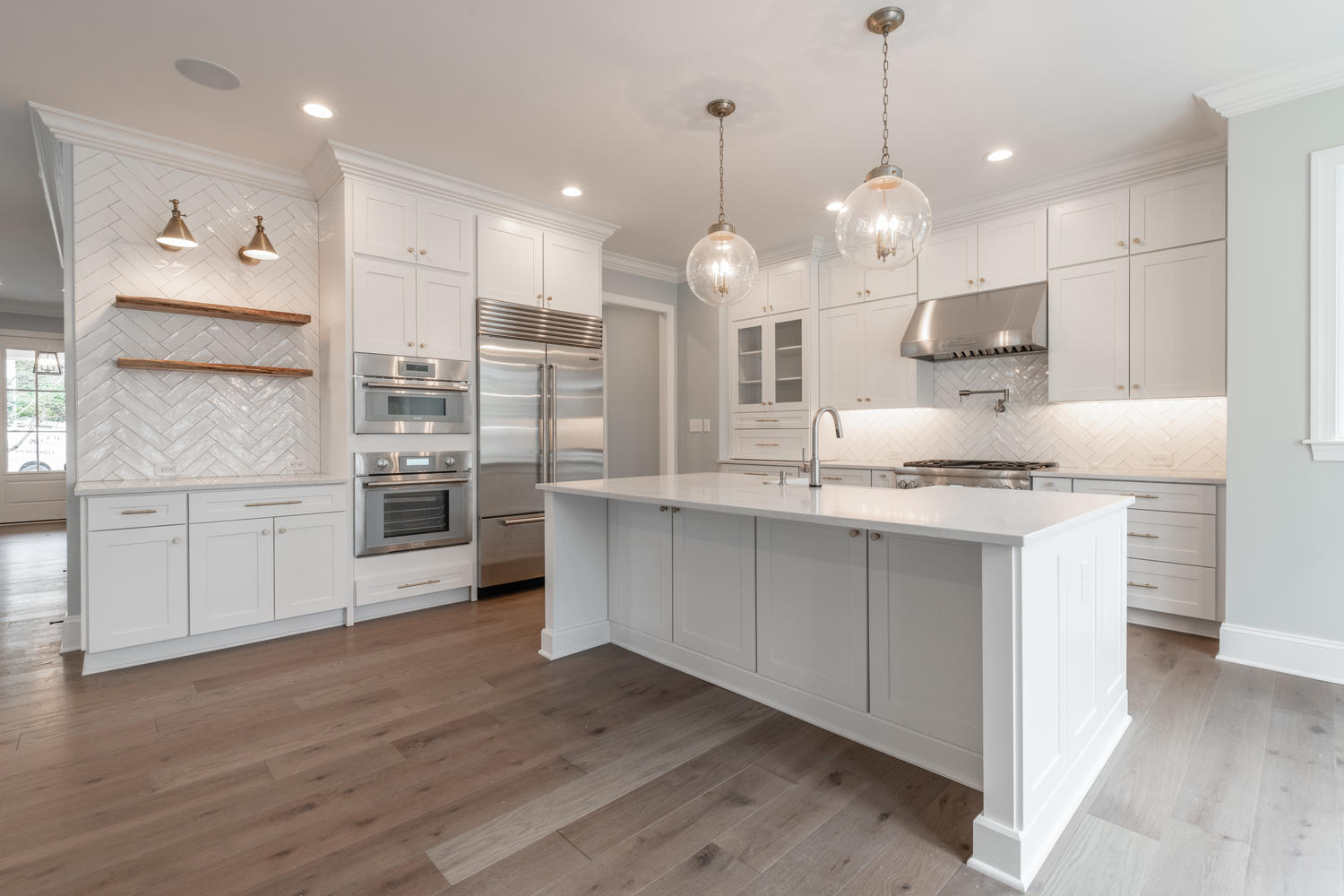Table of Content
- You Can Expect To Pay Between 2% And 5% Of Your Loan Amount In Closing Costs When You Purchase A New Home
- How Much Are Closing Costs?
- Can You Negotiate Closing Costs On New Construction?
- Who pays owner's title insurance in Florida?
- Does the Buyer or Seller Pay Transfer Tax in Florida?
- Buying a House: Who Pays Closing Costs in Florida?
A land survey is required for the majority of home purchases in some states and lenders. A title search fee will be charged to the title or escrow company on your behalf. A buyer in Seattle will typically pay around 2% to 5% of the purchase price for closing costs. Closing costs typically cover your application fee for a new loan, or an assumption fee if you are taking over an existing mortgage.
The lender charges an application fee in order to process your mortgage application. Depending on the lender, you may be required to submit your credit check or home appraisal. If you have a lender who does not charge an application fee, you may be able to get it reduced or waived. When a home purchase is financed, information about the transaction must be processed and records maintained by several institutions. Depending on where you live, you could pay an escrow fee of around 1% of the sale price for a home. To open an escrow account, the title company or escrow company must pay an escrow fee.
You Can Expect To Pay Between 2% And 5% Of Your Loan Amount In Closing Costs When You Purchase A New Home
It is charged by state and/or local government agencies to register the real estate sale, making it a matter of public record. Not recording the sale can be a gateway to legal liabilities in the future. If you are buying new home construction, many builders will offer incentives to offset these fees and costs if you are willing to use their in-house lender.
If there are too many inconveniences, the seller may question the genuineness of the buyer and feel the need to back out. So, the closing costs for seller in Florida typically range from $31,472 to $39,340. And, closing costs for buyer in Florida can amount to $7,868-$19,670.
How Much Are Closing Costs?
The biggest closing cost (5%-6%) the seller has to pay is the listing and buyer’s agent commission. The remaining 3%-4% includes expenses like home inspection fee, land survey fee, HOA fees, estoppel fees, etc. Choosing a lender that has low fees is critical; many of the fees charged by lenders are negotiable. Your seller should cover any or all closing costs while you are negotiating the offer. Depending on the type of loan you choose, the closing costs may be significantly different. You will typically have to pay 2% to 6% of the home’s selling price as closing costs on an FHA loan.

It’s common to negotiate with the builder and have them cover some or all of the closing costs. With this in mind, closing costs are actually about the same for new construction or existing homes. You might even save some money if you choose an experienced Realtor who can negotiate with the builder on your behalf. Buyers in both Tennessee and Pennsylvania may be required to pay a significant amount of money for closing costs. In Tennessee, buyers will pay about $2,770 in closing costs, while in Pennsylvania, they will pay about $10,000. Please see new construction escrows explained for detailed account of how these mortgage prepaid expenses impact the new construction closing costs.
Can You Negotiate Closing Costs On New Construction?
If the builder offers you a closing cost incentive of a percentage, you should ask the builder how this percentage will be used. Both buyers and sellers bear the responsibility of paying for closing costs at the conclusion of a home sale, but they do not bear the same burden. In Texas, sellers are typically required to pay title and closing fees, title insurance, and recording fees. Neither party pays the entire amount of closing costs, which include all of the taxes, fees, lender charges, and insurance.
In that case, it’s necessary to negotiate who will pay what portion of their fees at closing. The best way is by getting a list of all closing costs before you go ahead with signing the final contract. Closing costs on new construction are typically higher than a standard real estate purchase. It involves additional fees, which makes it a tad higher than buying a regular home. These include warranty fees, harmonized sales tax, and development fees.
As a result, cash deals are beneficial for both the buyer and the seller as they are quicker and less risky and complicated. There’s no down payment required, no PMI, flexible credit score, and debt requirements, and they typically have lower closing fees than other types of loans. These advantages help first-time and experienced homebuyers who don’t have a ton of cash on hand. Before you begin negotiating, you should first determine your costs, whether you are purchasing or selling. If you are looking to save money on closing costs, you should speak with your real estate agent.
Because Florida has homeowners paying their property taxes one year behind the actual year, sellers must pay their outstanding property taxes up to the closing date. Both the buyer and the seller have to pay some closing costs on the sale of land in California. Closing costs are also important to transfer the ownership of the house from the seller to the buyer.
Depending on the location and size of the home, you can expect to pay between 2% and 5% of the purchase price in these fees. Before you sign the dotted line, do your due diligence and take into account the costs in your overall budget. The closing costs of a home are typically between 2 and 5 percent of the purchase price, with varying costs depending on where you live.
When you buy or refinance a home with a VA loan, youll be responsible for paying closing costs. These are fees paid to your lender for processing and finalizing the details of your loan. While all loans carry some closing costs, there are a few fees that are specific to VA loans. In a new construction home purchase, the buyer can pay closing costs up to 3% of the purchase price. If it exceeds this, the buyer must communicate with the builder/seller and negotiate a fair deal.
It is critical to conduct a thorough search to find the best deal if you are purchasing a home in San Francisco or Centralia. No, closing costs are not always lower on new construction because they include builder and warranty related fees, harmonized sales tax and development fees. If your builder offers you a closing cost incentive that's a percentage, ask what that percentage is applied to. It might be the home’s base price, total sale price, or your loan amount, which are all vary significantly.

Buyers may agree to cover the seller’s closing costs if the housing market in California is competitive and there are fewer houses for sale. On the other hand, sellers can raise the listing price to cover full or partial closing costs. Sellers can save on closing costs such as attorney fees, home inspection fees, and escrow fees by researching and comparing more affordable services to find the one most suitable for them. Closing costs depend on your location and the type of property you are purchasing.
































